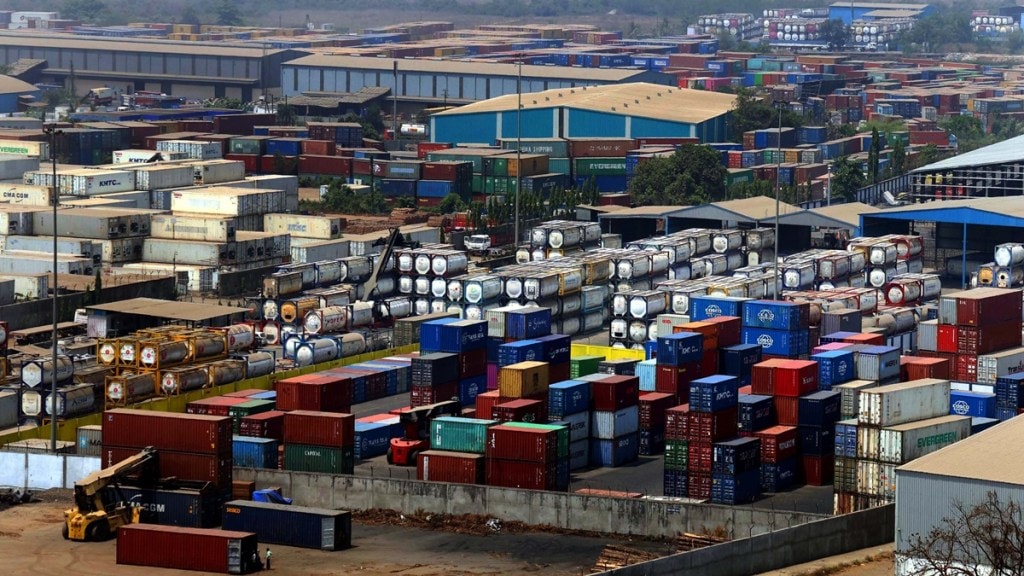The World Trade Organisation (WTO) Director-General Ngozi Okonjo-Iweala on Friday said India should play a leading role in the reform process at the global trade body. She stressed the need to examine areas of the WTO that are not functioning effectively and to discuss ways to address them. “India should be a leader in making sure that we do not stay in a system that becomes more power-based instead of rules based,” she said at CII’s Partnership Summit 2025.
India, she noted, has a fast-growing economy with the scale and credibility to provide leadership not just regionally but globally. Referring to the high tariffs imposed by the US, she said member nations must pay attention to the concerns raised by the US. India, too, has highlighted issues such as public stockholding, she said, adding that “repeating past grievances will not help to build a strong global trading system”.
Later, speaking at another session at the summit, Okonjo-Iweala said there is an emerging view among the WTO members that the next ministerial should try to deal with those issues under the global trade watchdog that do not work.
The next Ministerial Conference (MC) of the WTO—the organisation’s highest decision-making forum, held once every two years—is scheduled for March next year in Cameroon. It will be the 14th MC.
“It does not mean that ministers should come there to solve the issue but to identify and agree on a set of issues and choose the modalities to solve the issues,” she said. She added that India should raise the matter of unresolved mandates such as a permanent solution for Public Stockholding of foodgrains.
On the issue of trade-restrictive measures such as the European Union’s Carbon Border Adjustment Mechanism (CBAM)—and similar proposals being considered by others—the WTO chief said climate action should not be perceived as protectionist or become unmanageable, especially since each country will develop its own system.
“There are 113 carbon pricing systems in the world. We think that the best approach is a global carbon pricing approach against which each country can measure its own approach,” she said, offering the WTO’s support in building interoperable standards and systems.
Regarding the stress on the multilateral trading system following US tariff actions, Okonjo-Iweala said the disruption in the global trading system that we are seeing now is unprecedented, the worst we have seen in 80 years. “I feel uneasy about it. It will not completely go away. We will have to live with uncertainty over a period of time. Businesses should get used to the idea that they will have to live with uncertainty over a period of time.”
At the same time WTO DG said that she is cautiously optimistic about the entire system because despite this disruption the WTO members have behaved in a very good fashion.
“They have avoided tit for tat or with the US. The US and China have de-escalated. Other members have not done tit for tat with the US. The global trade system is still largely working on WTO rules. Outside of the US, WTO members are working with each other on WTO terms. We have 72% world trade going on WTO Most Favoured Nation (MFN) terms.”
She also said that there are some upsides in this disruption as many countries and businesses are reassessing their over reliance on a single market like the US or single source of critical inputs like China.

